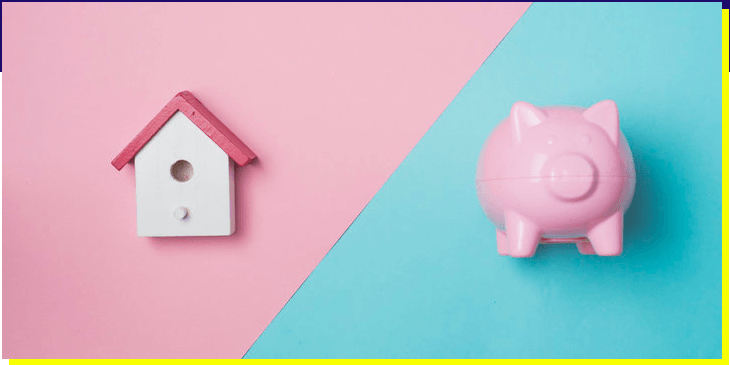The question of whether to rent or buy depends on the properties in question, which neighborhood or sub-market you’re interested in, and your personal circumstances and goals.

The submarkets vary depending on the neighborhood and price point you’re considering. Each area is its own economic ecosystem so its important to work with a knowledgeable broker who can keep you informed on which inventory is most likely to appreciate and which areas and property types may be at the top of their market cycle.
Advantages of Buying:
- Tax credits help offset some of the cost of homeownership
- Once your house is paid off, you eliminate the expense of housing.
- There is a generally bullish outlook on Chicago’s overall housing market, which means rental rates are expected to rise. Rather than exposing yourself to the downside of paying higher rent, property ownership will give you the positive exposure to rising property values over time, as well as rental demand should you decide to rent out your condo or home.
- Customization – Most home buyers plan to be in their property for at least 3 years and make changes to the unit to really tailor it to their personal preferences, which is not an opportunity typically afforded in rentals.
Renters in Chicago Say That:
- Renters don’t have to pay for or worry about repairs, property taxes, and maintenance.
- Renters have the flexibility to move more easily and quickly.
- Renters get access to high end, new inventory at a more accessible price point.
- They enjoy access to additional building amenities.
Our sales division, Downtown Realty Company, sat down with Huffington Post to discuss 6 Questions You Should Ask Yourself Before Buying a House.
Important questions included:
- Do I have the liquidity?
If Yes: Consider Buying
If No: Consider Renting
- The down payment is often between 3-20%.
- *You also want to make sure you account for closing costs, which tend to range 2-5% of the loan amount.
- Renting is low upfront cost in Chicago, with no broker fees and most high rises not even requiring a security deposit.
- Am I carrying a lot of debt?
If Yes: Consider Renting
If No: Consider Buying
Since the general guideline is that you want to avoid spending more than 30% of your salary on housing. Since taxes usually account for 15-30% of the average income, lenders typically shy away from lending to people who spend more than 43% of their salary on repaying debt. (Even if you do get approved, it may be wiser to rent if you have a high debt-to-income ratio to avoid spending above your means).
- Am I thinking of getting a new job?
If Yes: Consider Renting
If No: Consider Buying
When applying for a mortgage, lenders typically like to see 2 years of good standing in a W2 job or 3 years of good standing in a 1099 job.

Other important questions to consider include:
- How long do I plan on living in Chicago?
If your job requires that you move often or suddenly, or you have plans to move in the next few years, it might make more sense to rent. With a lease, you know you’re going to be giving an opportunity to move seamlessly every renewal cycle. However, if you need to sell your home in order to move, that may be a bit more arduous. You can never fully predict what the market will look like when you need to sell or how long it will take.
- What are my long term personal goals?
Just as you plug your destination into your GPS before you start driving, it is important to be cognizant of your long term goals before making any big decision. We’d advise all of our clients to understand their desired outcomes and personal goals before jumping into any decision, whether they are renting or buying.
Whether you’re looking to rent, buy, or just talk through some of these topics, we’re here to help!